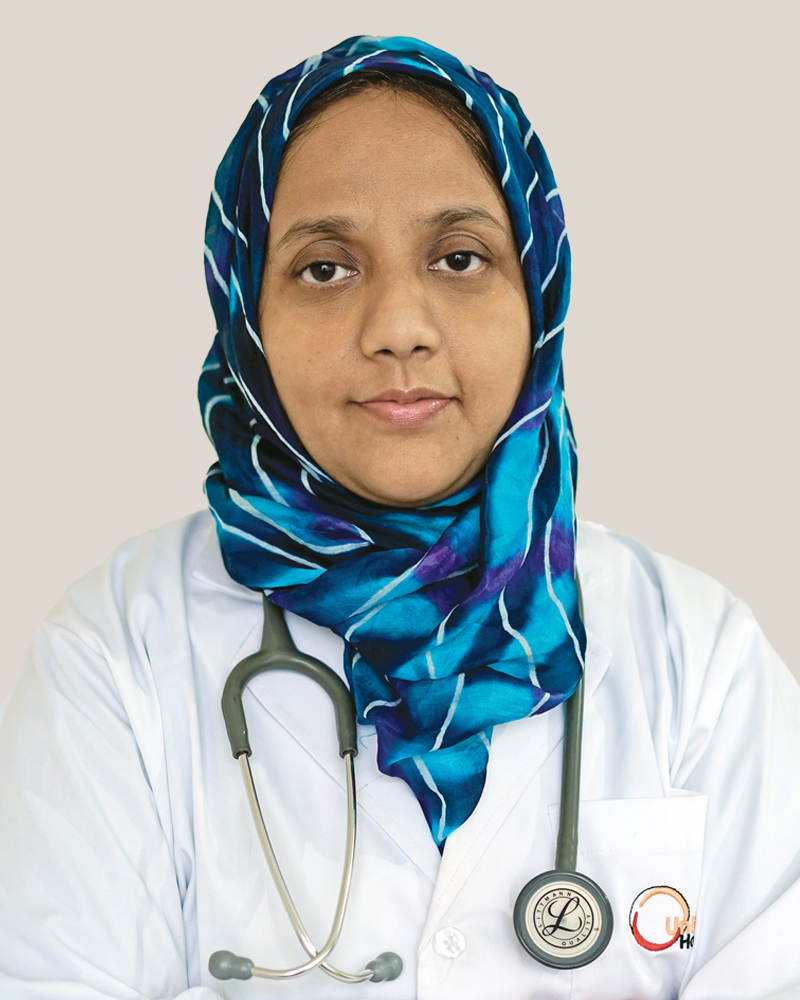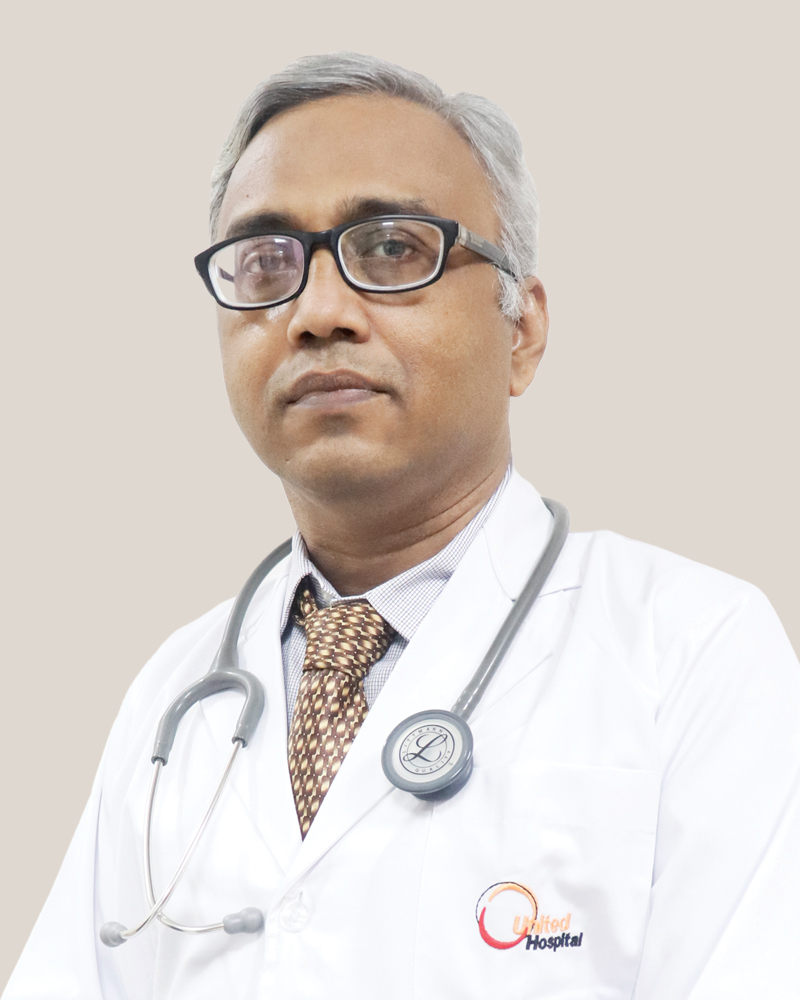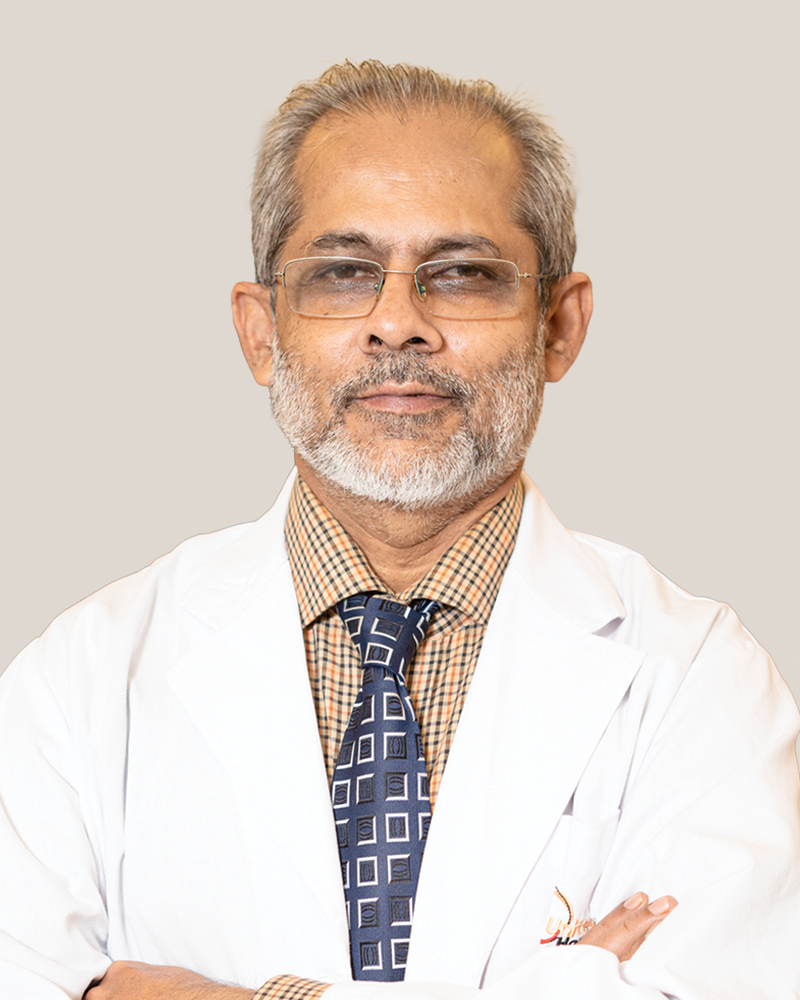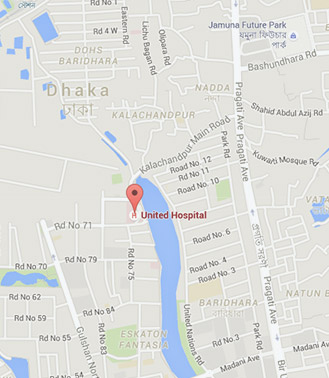Gallbladder Stone Surgeries
- Laparoscopic Gallbladder Stone Operation
- Extended Cholecystectomy for Gallbladder Cancer
What are the symptoms of gallstones?
It is thought that approximately two thirds of patients will have no trouble at all from their gallstones and only one third of patients will at some time experience symptoms. These symptoms can be extremely variable but usually present in two ways. Acute cholecystitis or chronic cholecystitis. Both the conditions may lead to complications if not treated properly.
How are gallstones treated?
Cholecystectomy – Cholecystectomy may be done by open surgery or laparoscopic surgery. The gold standard treatment is 'Laparoscopic Cholecystectomy' under general anaesthesia. It is a safe procedure that involves 4 small holes only.
Laparoscopic Technique – Laparoscopic Technique is the choice of treatment as it has Short-operating time, Fewer complications, Post-operative pain is lower and less medication is required, Excellent cosmetic results, shorter hospital stay, a lower rate of wound infection, Early return to work, Comparable lower incidence of common bile duct (CBD) injuries.
Who is at risk for Gallbladder Stones?
- Gender – Women are twice as likely as men to develop gallstones. Excess estrogen from pregnancy, hormone replacement therapy, and birth control pills increase cholesterol levels in bile and decrease gallbladder movement, which can lead to gallstones.
- Family History – Gallstones often run in families.
- Weight – Being even moderately overweight increases the risk of developing gallstones. Obesity is a major risk factor for gallstones, especially in women.
- Diet– Diets high in fat and cholesterol and low in fiber increase the risk of gallstones.
- Rapid Weight Loss – As the body metabolizes fat during prolonged fasting and rapid weight loss, such as “crash diets”. It can cause gallstones.
- Age – People over 60 years of age are more likely to develop gallstones than younger people. As people age, the body tends to secrete more cholesterol into bile.
- Cholesterol-Lowering Drugs – Drugs that lower cholesterol levels in the blood increase the amount of cholesterol secreted into bile. In turn, the risk of gallstones increases.
- Diabetes – People with diabetes generally have high levels of fatty acids called triglycerides. These fatty acids may increase the risk of gallstones.



.jpg)




